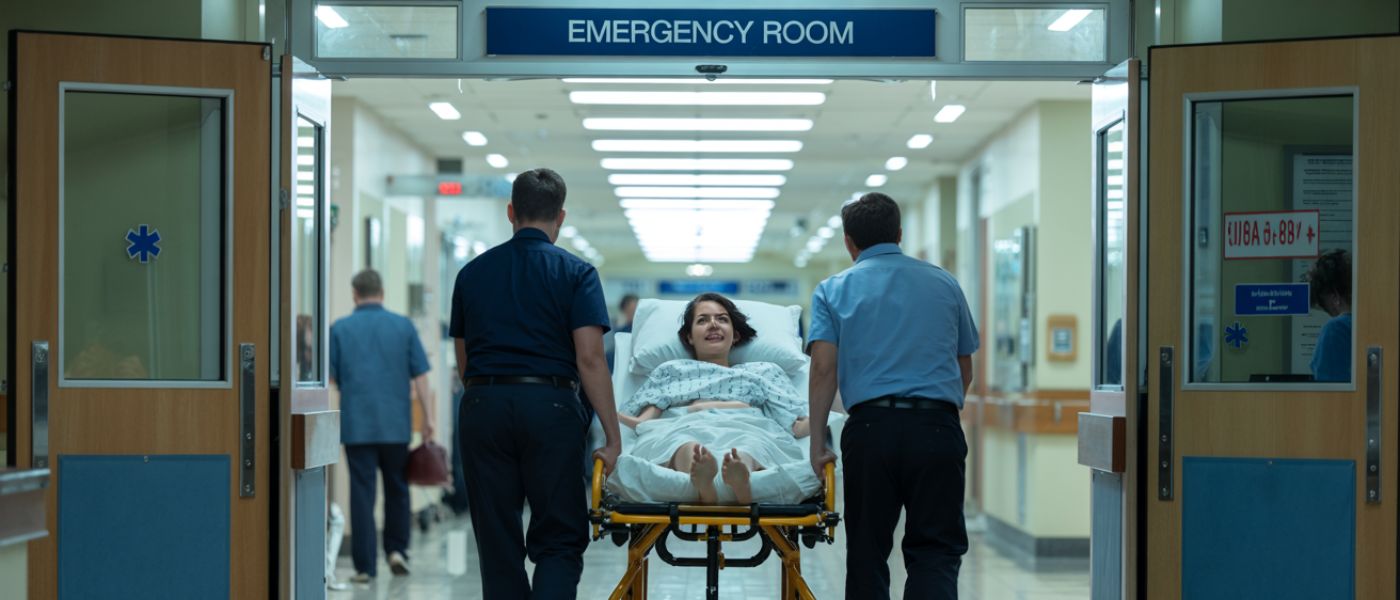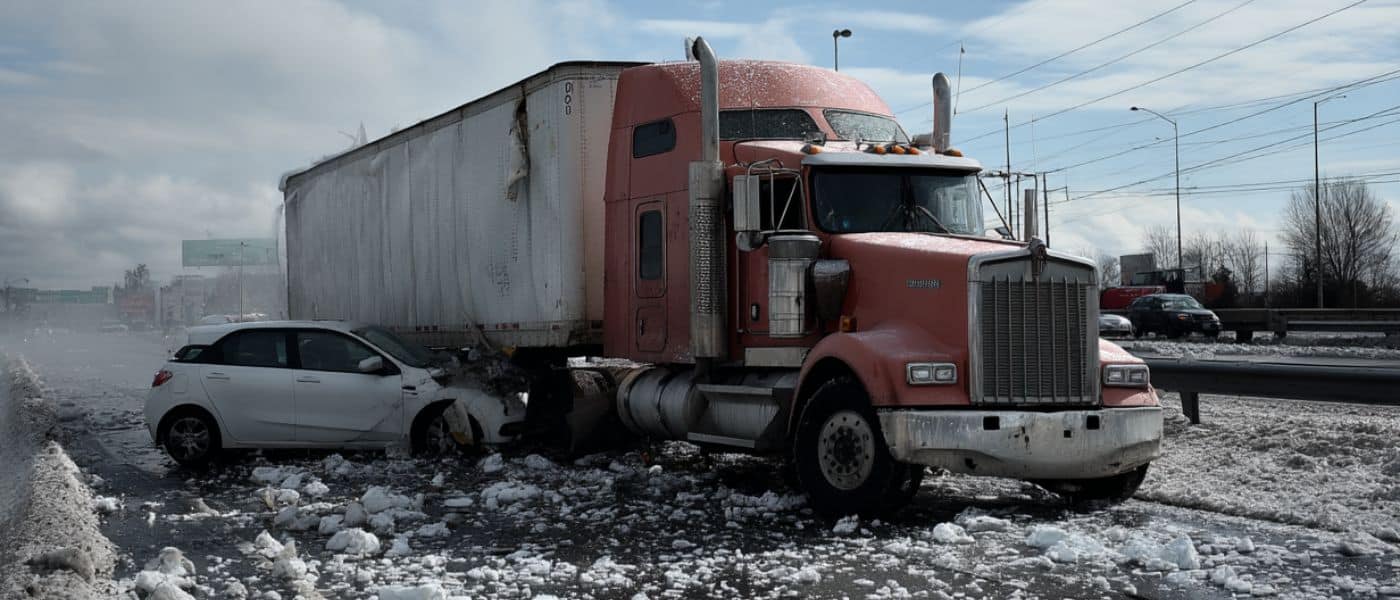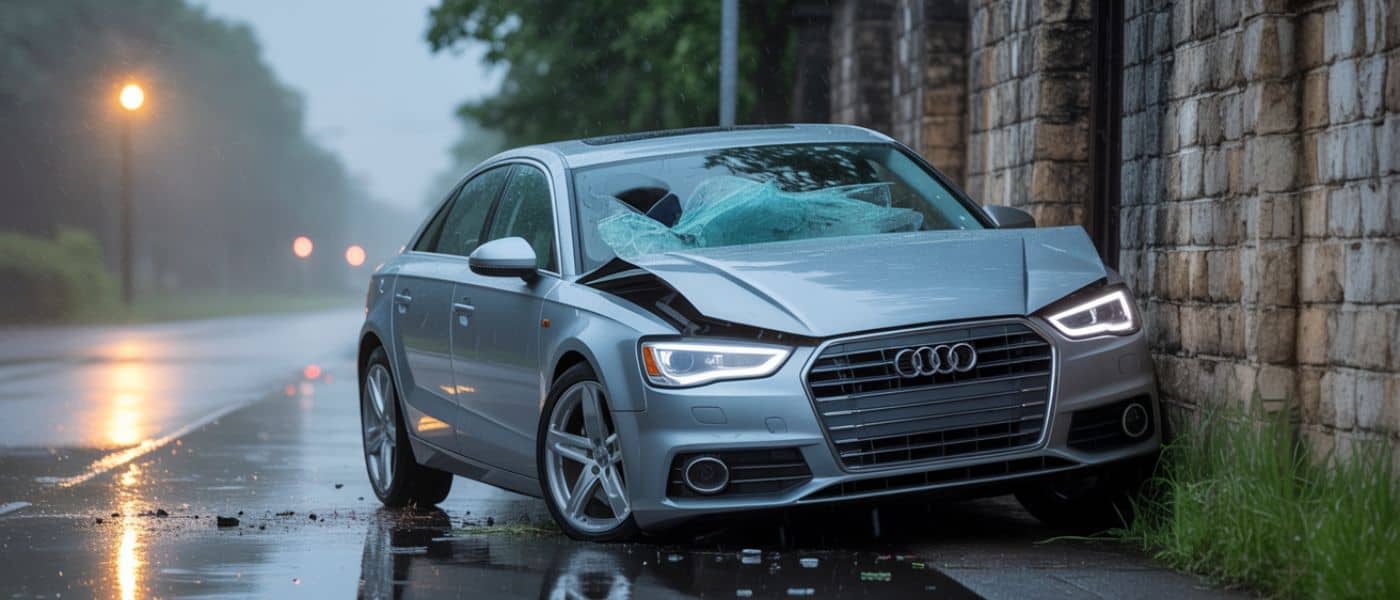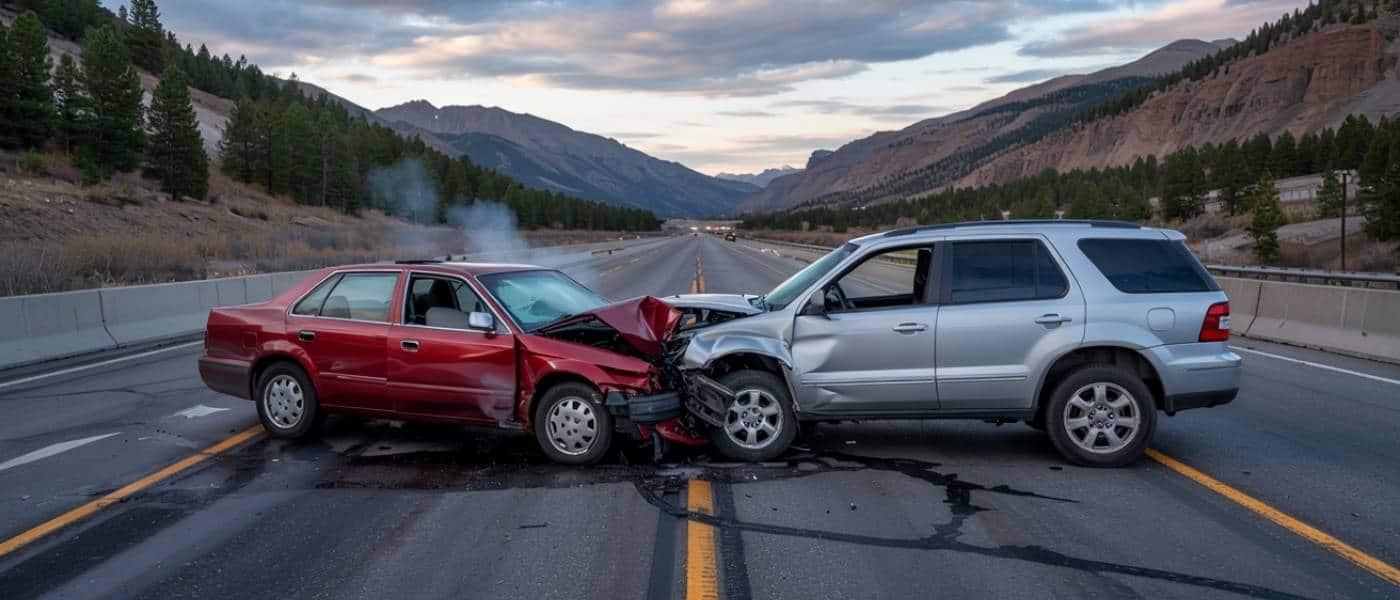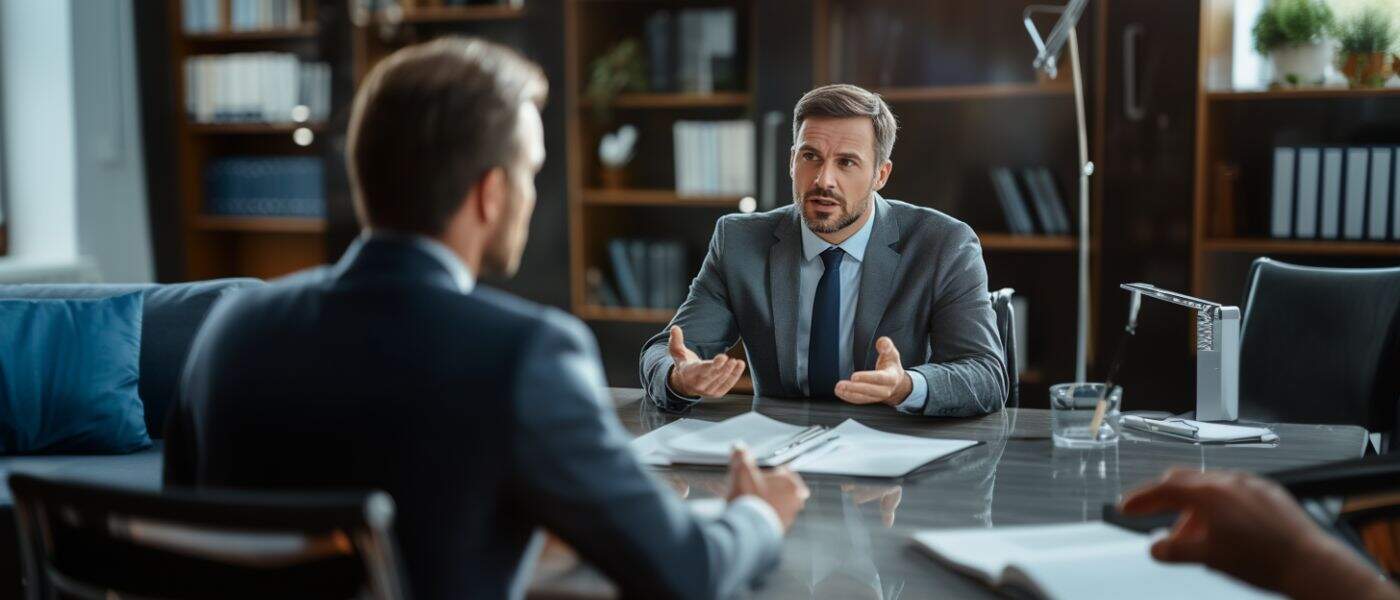Denver Slip and Fall Lawyer
In the blink of an eye, a slip and fall on Denver’s icy sidewalks or poorly maintained properties can turn your world upside down. These accidents, which are particularly common during Colorado’s harsh winters, can lead to serious injuries, extensive medical treatments at Denver’s specialized care facilities, and significant financial strain. When you’re dealing with the aftermath of a fall caused by property owner negligence in the Mile High City, you shouldn’t have to navigate Colorado’s complex premises liability laws alone.Our Denver slip and fall attorneys become your strongest advocates, understanding the unique challenges of these cases in our region, from black ice incidents in downtown Denver to poorly maintained stairs in Cherry Creek shopping centers.
Rating Overview
Based on 158 Nationwide Google Reviews
Slip and fall accidents can happen anywhere in Denver – from icy downtown sidewalks to poorly maintained shopping centers in the Tech Center – and can result in serious injuries that impact your health, finances, and quality of life. If you’ve been injured in a slip-and-fall accident on someone else’s property due to their negligence under Colorado’s 2025 premises liability laws, you may be entitled to compensation. At McQuaid Injury Law, our experienced Denver slip-and-fall accident lawyer understands the complexities of Colorado premises liability law and the unique challenges of winter conditions in the Mile High City.
Legal representation is crucial in Denver slip-and-fall cases due to Colorado’s specific liability requirements and the tactics used by local property owners and insurance companies to avoid responsibility. Our skilled Denver legal team will thoroughly investigate your accident – whether it occurred at a LoDo restaurant, a Cherry Creek mall, or an Aurora apartment complex – and gather compelling evidence about property maintenance, snow removal practices, and safety protocols.
In 2023, Colorado experienced 94,00 slip-and-fall incidents.
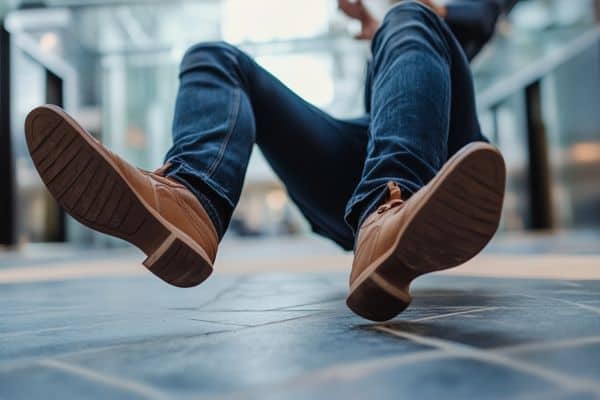
Our firm has extensive experience handling a wide range of slip and fall accident cases in Denver, including:
Falls on wet or slippery floors
Sudden accidents caused by businesses failing to warn customers about hazardous conditions or clean up dangerous spills in a timely manner.
Trips over uneven surfaces or obstacles
Serious injuries resulting from property owners neglecting to repair broken pavements, torn carpeting, or hidden trip hazards.
Falls on icy sidewalks or parking lots
Preventable accidents caused by property owners who ignore their duty to remove dangerous ice and snow accumulation from high-traffic areas.
Staircase accidents
Life-altering falls caused by poorly maintained steps, inadequate lighting, or missing handrails that property owners knew about but failed to fix.
Falls due to poor lighting
Dangerous accidents in dimly lit areas where property owners negligently failed to maintain proper illumination for visitor safety.
Accidents caused by broken handrails
Devastating falls when safety features fail at critical moments due to property owners’ negligent maintenance and repairs.
Falls in retail stores or supermarkets
Serious injuries caused by retailers who prioritize profits over customer safety by ignoring spills, debris, or fallen merchandise.
Slip and falls in restaurants or hotels
Unexpected accidents caused by wet floors, food spills, or housekeeping oversights that hospitality venues failed to address properly.
Accidents in office buildings or workplaces
Complex injuries occurring in professional settings where building managers neglect basic maintenance and safety protocols.
Common Slip and Fall Injuries in Denver, CO
Slip and fall accidents can result in severe injuries.
Some common injuries include:
Why Choose Our Firm
Don’t Be Afraid, Call McQuaid
Our experienced team combines aggressive litigation tactics with compassionate client care to maximize your compensation while supporting you through every step of your recovery journey.
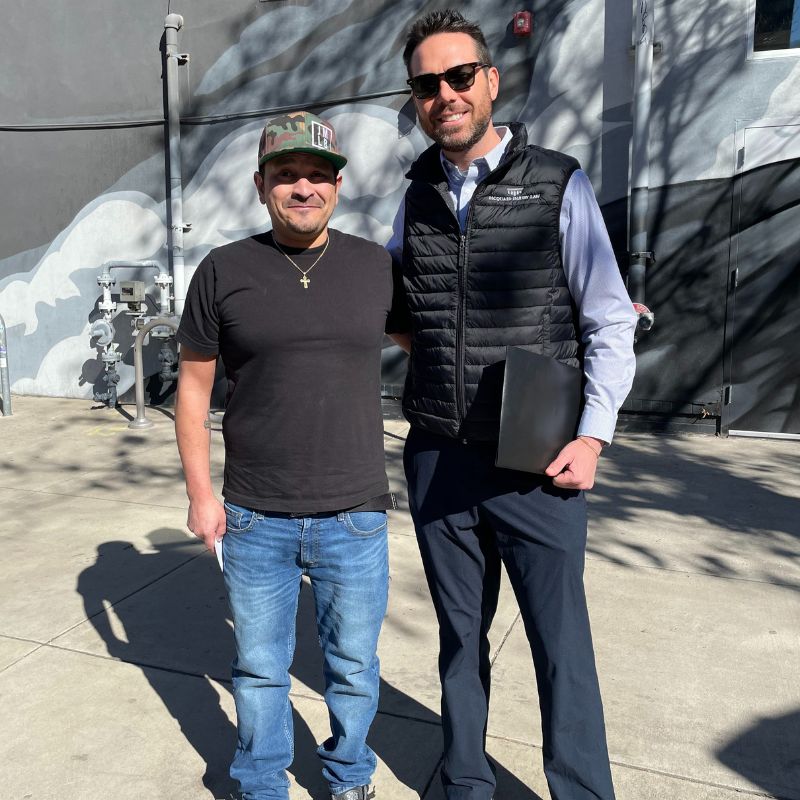
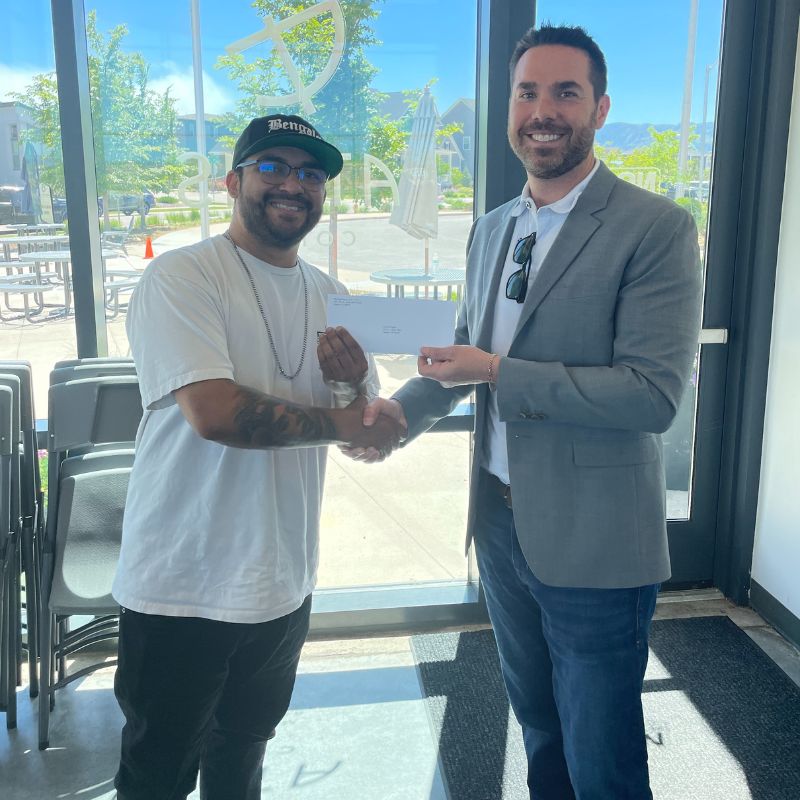
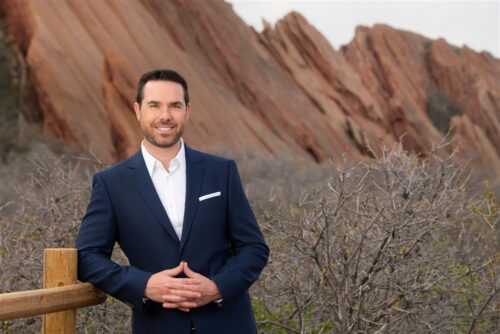
Our Process
From Injury to Justice: 5 Simple Steps
Getting fair compensation after a Denver slip and fall is straightforward. Start with a free consultation at our downtown Denver office—we’re available 24/7 to serve the entire Front Range, even during winter storms. Our team will investigate your case anywhere in the metro area, from falls at Park Meadows Mall to accidents in LoDo restaurants, and handle all Colorado court paperwork while you focus on recovery.
We’ll document hazardous conditions, gather surveillance footage, and interview witnesses while fighting aggressively through the Colorado legal system to win your case. Whether you fell on an icy sidewalk in Cherry Creek or a wet floor at Denver International Airport, you pay nothing unless we secure your settlement under Colorado’s 2025 premises liability laws. Your path to justice in Denver starts with one call to our 17th Street office, just steps from the Denver courthouse.
Get a Free Case Evaluation Today
Victories Echoed: What Our Clients Say
Don’t just take our word for it—hear from those we’ve helped. Our clients’ stories of triumph over adversity speak volumes about our dedication and expertise. From life-changing settlements to compassionate support throughout the legal process, these testimonials reflect our unwavering commitment to justice. Discover why so many trust us with their most challenging moments.
Your Denver Slip and Fall Accident Questions Answered
Navigate the road to recovery with confidence as we address the most pressing questions our clients ask after experiencing a slip and fall accident in Denver, CO.
Legal Insights: Stay Informed, Stay Empowered
Explore our regularly updated blog for expert analysis on personal injury law, practical tips for protecting your rights, and insider knowledge that could make all the difference in your case.




























